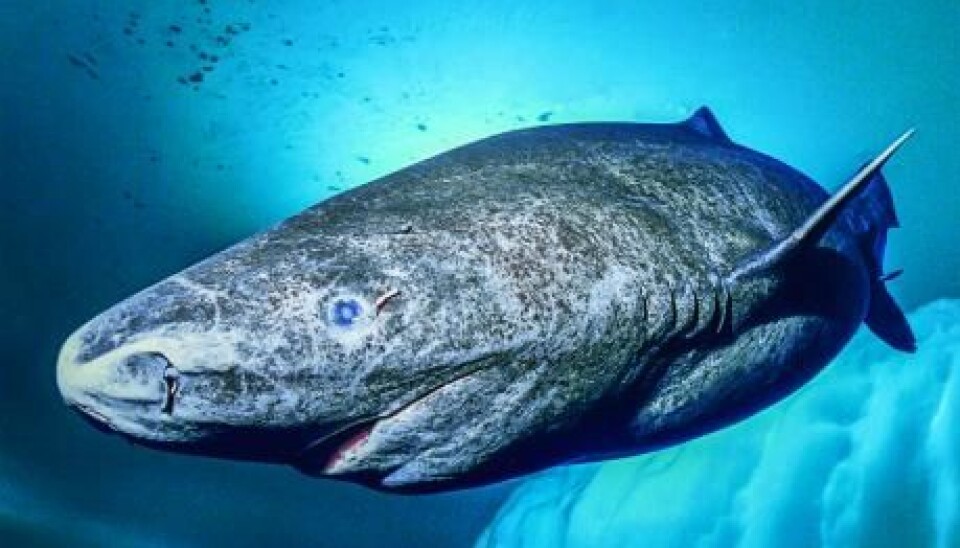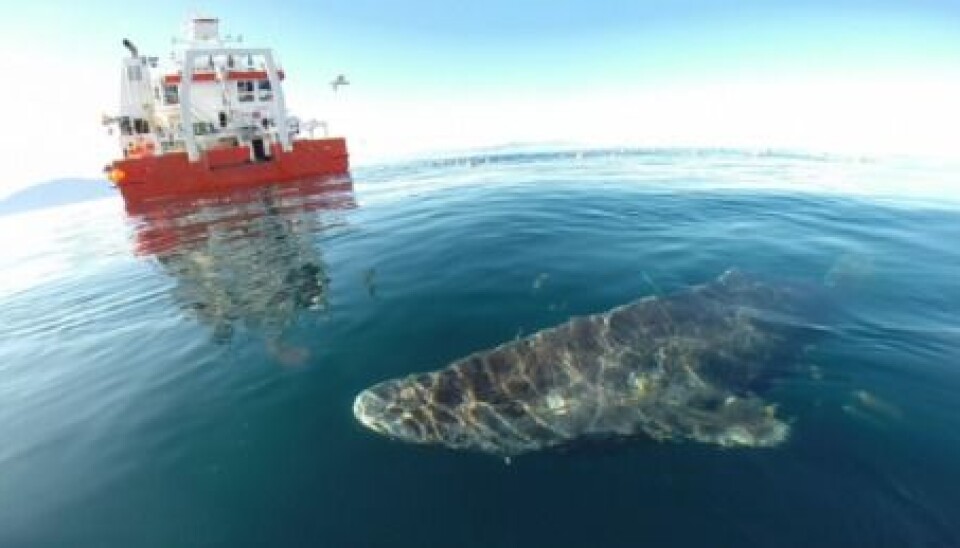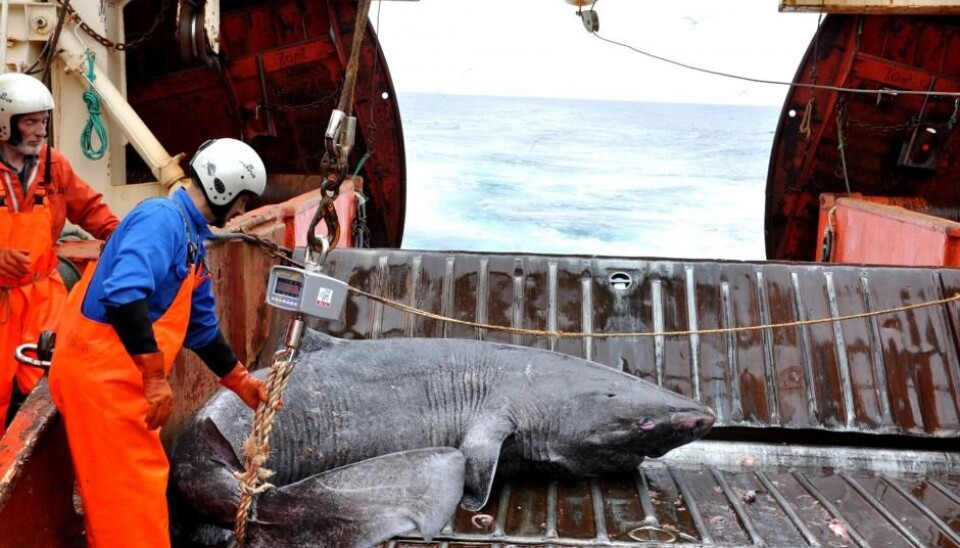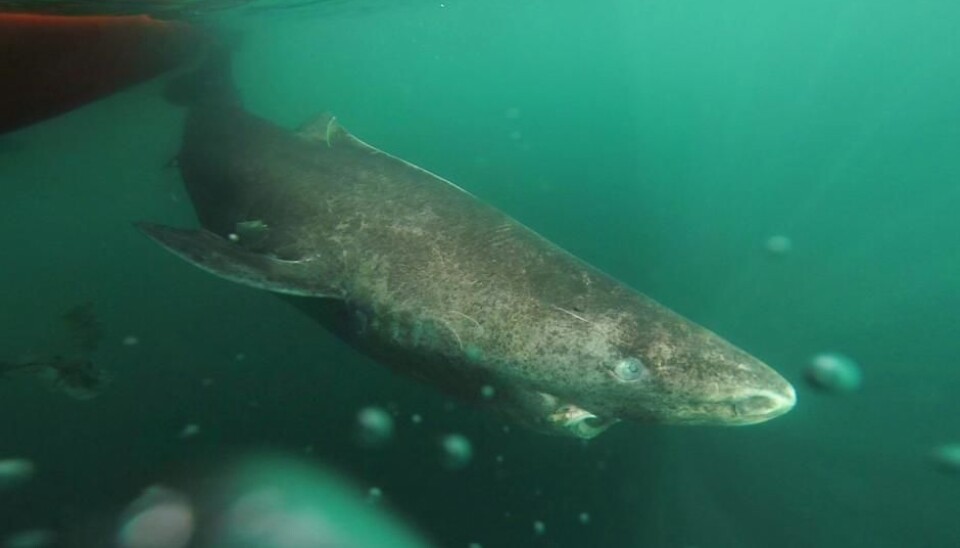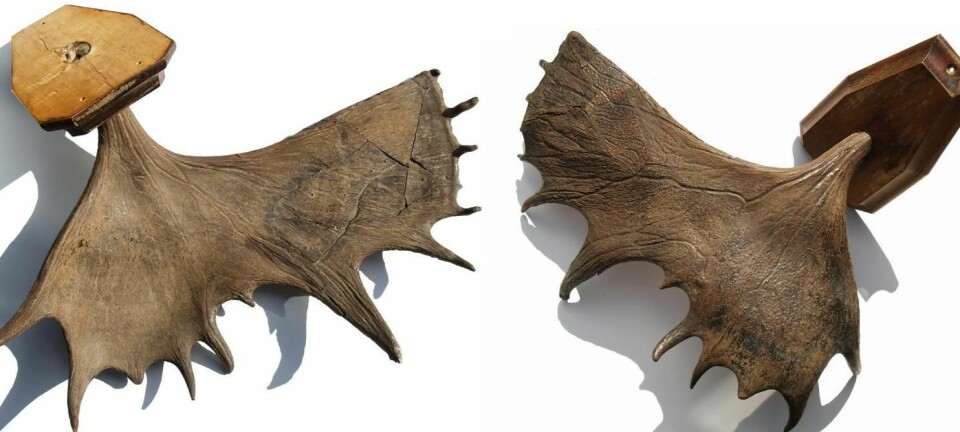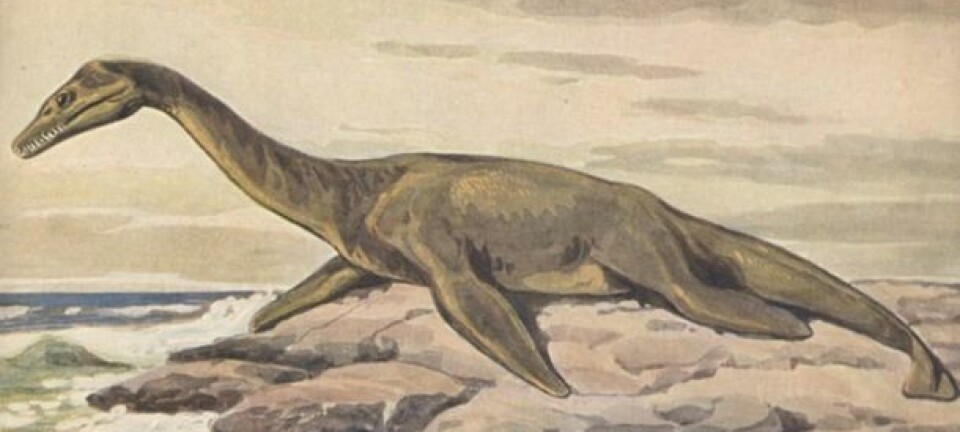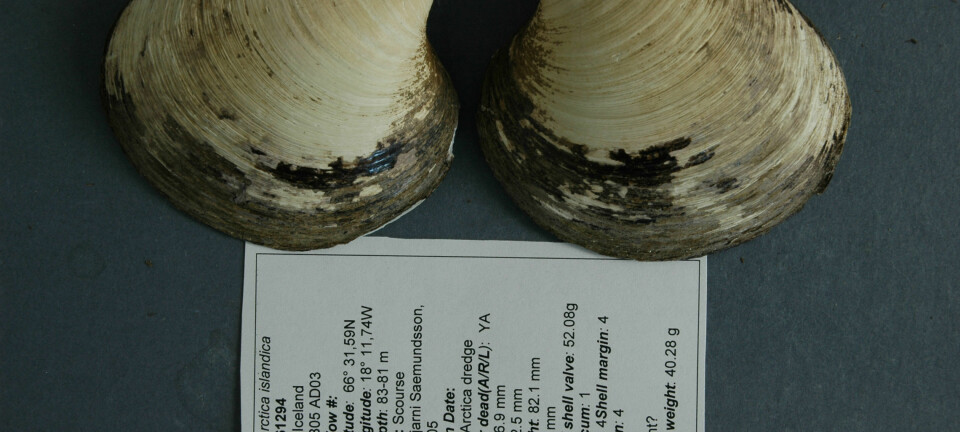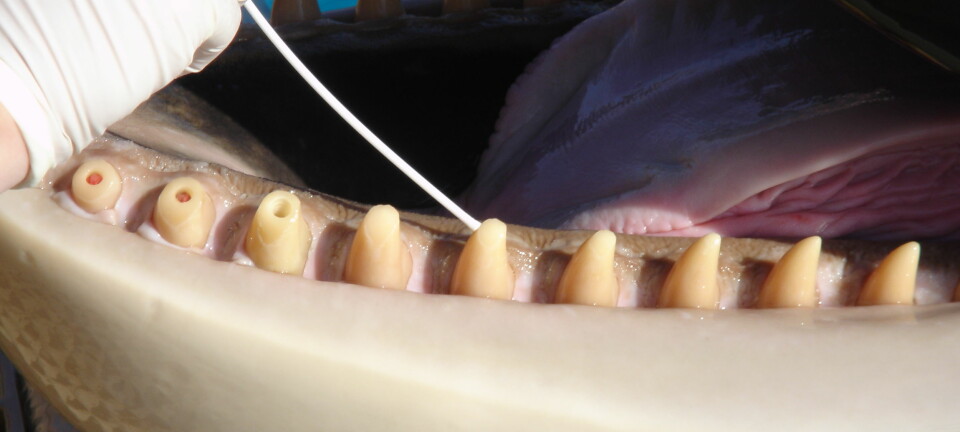World’s oldest vertebrate discovered in Greenland
GREENLAND: The discovery of a 512-year-old Greenland Shark shows how little we still know about the ocean, say scientists.
A Greenland Shark has broken all records for the world’s oldest living vertebrate.
The shark is between 272 and 512 years-old, which means it was born sometime between the French Revolution in 1789 CE and potentially as far back as 1482 CE, when Columbus landed in America.
Lead-author Julius Nielsen, a Ph.D. student from the University of Copenhagen, Denmark, hopes that the discovery will draw the world’s attention to this overlooked species.
“It’s one of the world’s biggest meat-eating sharks but it’s a totally overlooked animal. There simply isn’t enough management or understanding of the ecology in the North Atlantic Ocean,” says Nielsen.
The new results are published in the scientific journal Science.
Read More: New record: World's Oldest Animal is 507 years-old
Scientists: It’s an impressive discovery
Professor Tobias Wang from the Department of Bioscience at Aarhus University, Denmark, is impressed with the new results.
“It’s both a beautiful and impressive study, which shows that there is so much that we don’t know about the animals living under natural conditions. So there are many exciting discoveries waiting for us down there,” says Wang, who was not involved with the new study.
“It’s an exciting study and an interesting age-model,” says animal physiologist, Dr. Doris Abele, from the Alfred Wegner Institute, Germany, who did not take part in the study.
Read More: World’s oldest fossils discovered in Greenland
How do you date a Shark?
Biologists have known for a long time that the Greenland shark can reach a ripe old age, but until now they had no way of actually measuring it.
Scientists normally calculate the ages of fish by counting the growth layers in “ear-stones”, which are calcium carbonate nodules found in the ear. But Cartilaginous fish like sharks and rays that have a skeleton made of cartilage instead of bones do not have these stones.
Nielsen and colleagues have developed a new method, where they take samples of crystalline proteins from the shark’s eye lens. These proteins are formed during the embryonic stage and remain unchanged throughout the animal’s life. This means that they can be radiocarbon-dated to calculate their age.
In total, the scientists analysed samples from 28 Greenland Sharks. The two biggest sharks were 493 centimetres and 502 centimetres long and are believed to be between 335 and 392 years-old.
“Radiocarbon dating varies in precision for different time periods and so with the uncertainty associated with these [estimated ages] we can say that there is a 95 per cent probability that they are between 272 and 512 years-old,” says Nielsen.
“But even the minimum age is much older than the previous world record holder: a 211year-old bowhead whale,” he says.
Read More: Norway’s oldest elk
Old age due to a low metabolism
The Greenland shark can now be added to the list of animals that have a much higher longevity than humans, says Wang.
“We still know far too little about why some species live so much longer than others, but in this case it could be due to a low metabolism,” he says.
Many scientists think that the animal’s longevity is related to low biochemical activity where they effectively live their life in slow motion.
“They move very slowly when you catch them. You’re certainly not risking your life around a Greenland shark,” says Nielsen.
The cold-blooded Greenland sharks have the same body temperature as the North Atlantic Ocean--between minus one to plus five degrees centigrade, which limits the speed with which oxygen can circulate around their bodies and slows their metabolism.
Nielsen also suggests that genes could play a role, but he is yet to investigate this.
“We can’t go down to the molecular level. We don’t have that type of information yet. But it’s a possible explanation of what causes or inhibits ageing,” says Nielsen.
Greenland shark is longest-living vertebrate animal – video report. Scientists say the Greenland shark has the longest lifespan of any vertebrate on the planet. Julius Nielsen, who has been studying the sharks, says record goes to a female thought to be between 272 and 512 years old and is five metres in length (Video: The Guardian / Source: Julius Nielsen / BBC Radio 4)
-------------
Read the Danish version of this article on Videnskab.dk
Translated by: Catherine Jex
Scientific links
- Project Website
- Eye lens radiocarbon reveals centuries of longevity in the Greenland shark (Somniosus microcephalous). DOI: 10.1126/science.aaf1703
